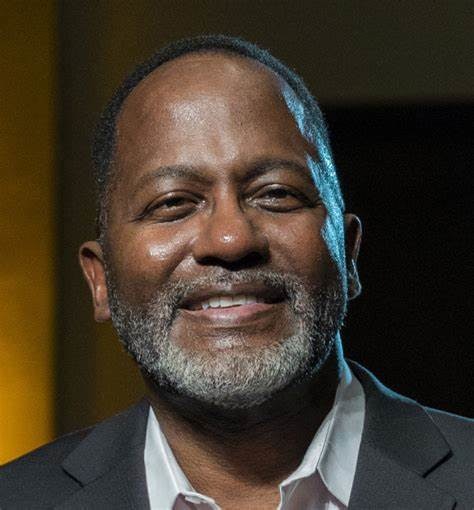‘Shonky’, ‘dodgy’, and ‘Mickey Mouse’ are just a few of the terms that have been used by Australian politicians recently to describe non-genuine providers in the international education sector, and it is rhetoric that is unfairly tarnishing the sector as a whole, experts argue.
This language may highlight real concerns but it also reveals how migration is being used as a ‘cloak of convenience’ to address broader problems within the sector, said Troy Williams, chief executive of the Independent Tertiary Education Council Australia at The PIE Live Asia Pacific conference on the Gold Coast on 29 July.
Instead of focusing solely on the few problematic providers, this approach risks overshadowing the many reputable registered Australian training organisations and the crucial role they play, Williams said.
“What we saw in the Nixon Review was that about 34 RTOs out of 4,000 use international students as a visa of convenience. But if there were problems with ‘non-genuine’ providers, the regulatory system should have dealt with it.
“The government has used this language around dodgy providers for an all out attack on international education and skills training. In many ways, it’s a cloak of convenience to deal with other issues regarding migration policy,” Williams said.
In a bid to reduce net migration by 50% by 2025, regulations on student visas have been tightened, including stricter visa requirements, enhanced English proficiency tests, and more rigorous guidelines for education agents who recruit international students.
The impact of the crackdown on ELICOS and VET providers has already been significant, argues Mark Raven, general manager revenue at IH Sydney.
We almost have to become an extension of Home Affairs by assessing every student with an incredibly tight risk threshold
Mark Raven, General Manager Revenue, IH Sydney
“We almost have to become an extension of Home Affairs by assessing every student with an incredibly tight risk threshold to consider whether or not they can study with us.
“But we are not necessarily reviewing academic or study goals – we are looking at other elements which influence whether or not we believe the approval will be considered by Home Affairs,” said Raven.
“That takes a significant investment – we have people whose whole purpose it is to spend days checking that every document is in order.”
The unpredictable nature of Australian visa decisions is creating significant challenges for providers and students alike, said Ian Aird, CEO, English Australia, the peak body for the English Language sector of international education. Decisions often seem arbitrary, with little recourse for applicants facing unjust refusals.
“The issue is a complete and utter lack of transparency. If there were meaningful, consistently applied rules, the sector would adjust and manage them. But the issue is it is anyone’s guess whether a visa will be approved – my inbox is filled with absurd refusals.
“I’ve seen engineering students refused in case they might stay – but we are also saying we want them to stay. I’ve had one refusal for a nun who’s being sent out by her church to do a counselling program, it is ludicrous,” said Aird.
The huge increase in visa fees is also damaging the sector, argued Lucas Chiusoli, vice president of Australian operations at ILSC Education Group.
“The increase in visa fees is definitely something that will have an impact when students are thinking about their chances of getting accepted are 50-50 and they have to fork out $6,000 without knowing whether they’ll get a visa or not,” he said.
“That also has an impact in terms of sustainable growth and pricing strategies, where you see different providers having different approaches to it. We need to be careful not to impact the quality of the final outcome, which is educational improvement for all students that want to come here,” said Chiusoli.
“We need to remember why we are in this industry and what we believe in, which is the transformative power of education. That needs to underpin the decisions that we make as business managers, as well as educators.”
#Political #rhetoric #tarnishing #sector #argue #Australian #providers










